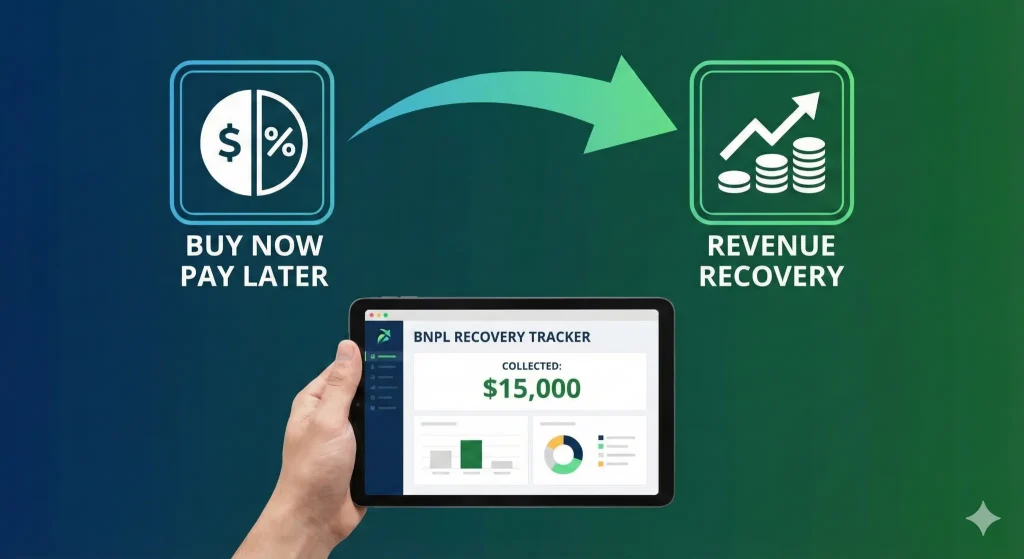
If you operate an outdoor recreation facility such as a sports arena or theme park, a shift to subscription-based revenue models has introduced a new process to manage – collections. While recovering amounts owed to a company can present a challenge to any company, park-based businesses have an added tool for collections. As a provider of experiences, let your focus on relationships be an asset for improved collection results. By remaining engaged with customers, your entire relationship improves, including when a bill is unpaid.
| Collection Letters Service |
|
| Collection Calls Service |
|
How customers pay for experiences has changed
Theme park and outdoor sporting venues traditionally did not often experience collections issues with customers. The revenue stream was limited to individual transactions, such as a customer buying a ticket or paying for a concession item. Increasingly, today’s outdoor parks and venues think in terms of delivering customer experience through a monthly subscription service. Instead of a transaction, theme parks and other venues sell an ongoing relationship.
Moving to a subscription-based service introduces the need to monitor customer churn. Churn rate is a measurement of lost customers in subscription-based sales. If you’ve moved to subscription-based sales for any portion of your offerings, your collection efforts will more likely be targeted at reducing churn, not at collecting past due bills.
Reduce churn by providing persistent customer value
Companies experience the least amount of churn when they provide a customer experience that delivers enjoyment.
Delivering customer value keeps them engaged and repeat users, etc.
Can then conclude with some tips of how to keep customers engaged and also how to win them back if they’ve cancelled or let subscriptions lapse.


